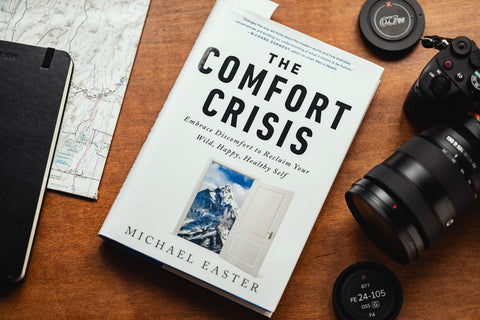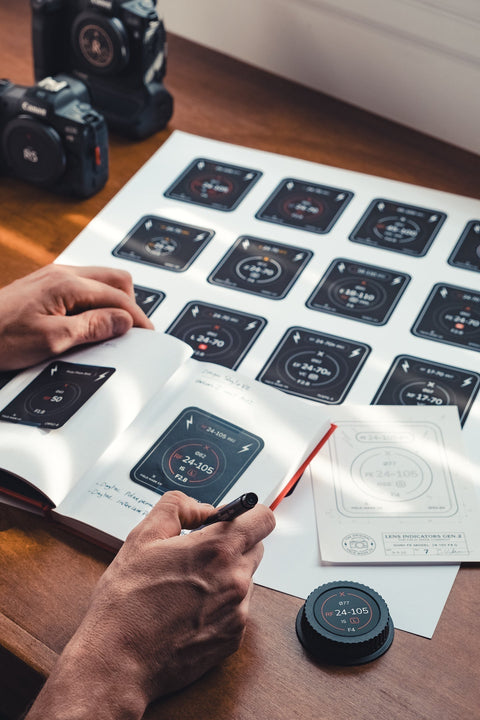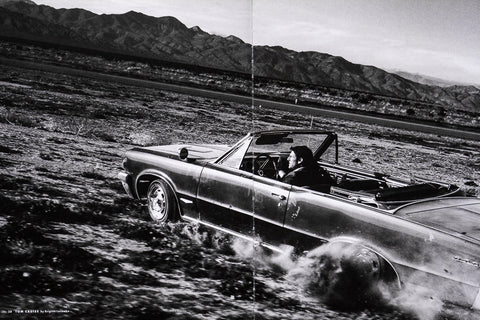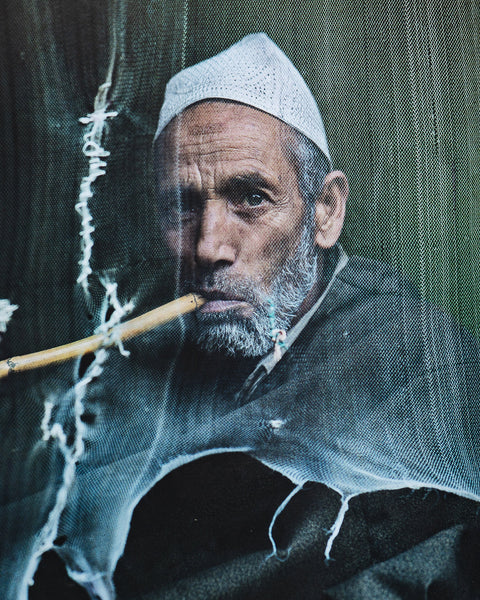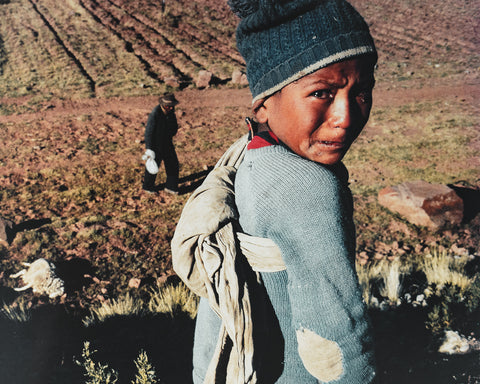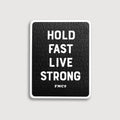I recently read a book that put words to a feeling I've had for a long time: that our modern obsession with comfort might be a trap. In The Comfort Crisis, Michael Easter makes a compelling case that by shielding ourselves from any and all discomfort, we're actually making our lives harder and less meaningful in the long run.
It’s easy to point fingers at people who never leave their comfort zones, but the truth is, we all do it. I know I’ve been guilty of it. We stick to what's familiar because it feels safe, but as Easter points out, that safety can become a curse. When we get too comfortable, we stop growing.
The Diagnosis
Easter’s research paints a stark picture of modern life. He highlights how our daily habits have shifted dramatically from our ancestors, leading to a state of constant, unchallenged ease.
"We are moving about 14 times less than our ancestors. We spend 95 percent of our time indoors, and spend 11 hours and 6 minutes a day engaging with digital media... Things have really changed, and we’re too comfortable now." – Michael Easter
This really resonated with me. I see it in my own life and in our industry. We have more tools than ever to make our work "easier," but this convenience often comes at the cost of the very challenges that make us stronger and more creative.
The Price of Comfort
The book argues that this sheltered, temperature-controlled, and overfed lifestyle has a direct negative impact on our mental and physical health. When we avoid all forms of hardship, we lose our resilience.
"We are living progressively sheltered, sterile, temperature-controlled, overfed, under-challenged, safety-netted lives." – Michael Easter
What I found most compelling were the real-world examples Easter uses. He profiles people who have found incredible success and meaning by intentionally embracing discomfort—from an NBA scientist using ancient practices to build elite athletes, to a neuroscientist who proves that testing ourselves in nature is a powerful tool against burnout and anxiety.
Putting It into Practice
The book isn't just a diagnosis; it's a practical guide. If you’re looking to build more resilience in your own life, Easter offers a clear blueprint. His suggestions aren't about extreme self-punishment, but about reintroducing meaningful challenges. A few of my takeaways were:
-
Reconnect with the outdoors. Spending time in nature and pushing yourself physically is a powerful way to break out of a sterile routine.
-
Embrace new experiences. Intentionally stepping out of your comfort zone, even in small ways, builds the muscle for handling bigger challenges.
-
Do hard things. This is the core of it all. As Easter says, it's the ultimate life hack.
"Doing physically hard things is an enormous life hack. Do hard things and the rest of life gets easier and you appreciate it all the more." – Michael Easter
The Comfort Crisis makes a powerful argument for rethinking our relationship with discomfort. The stories are compelling, and the message is one I believe every creative professional needs to hear. If you're feeling stagnant or looking for a way to build more resilience into your work and life, I highly recommend picking it up.

